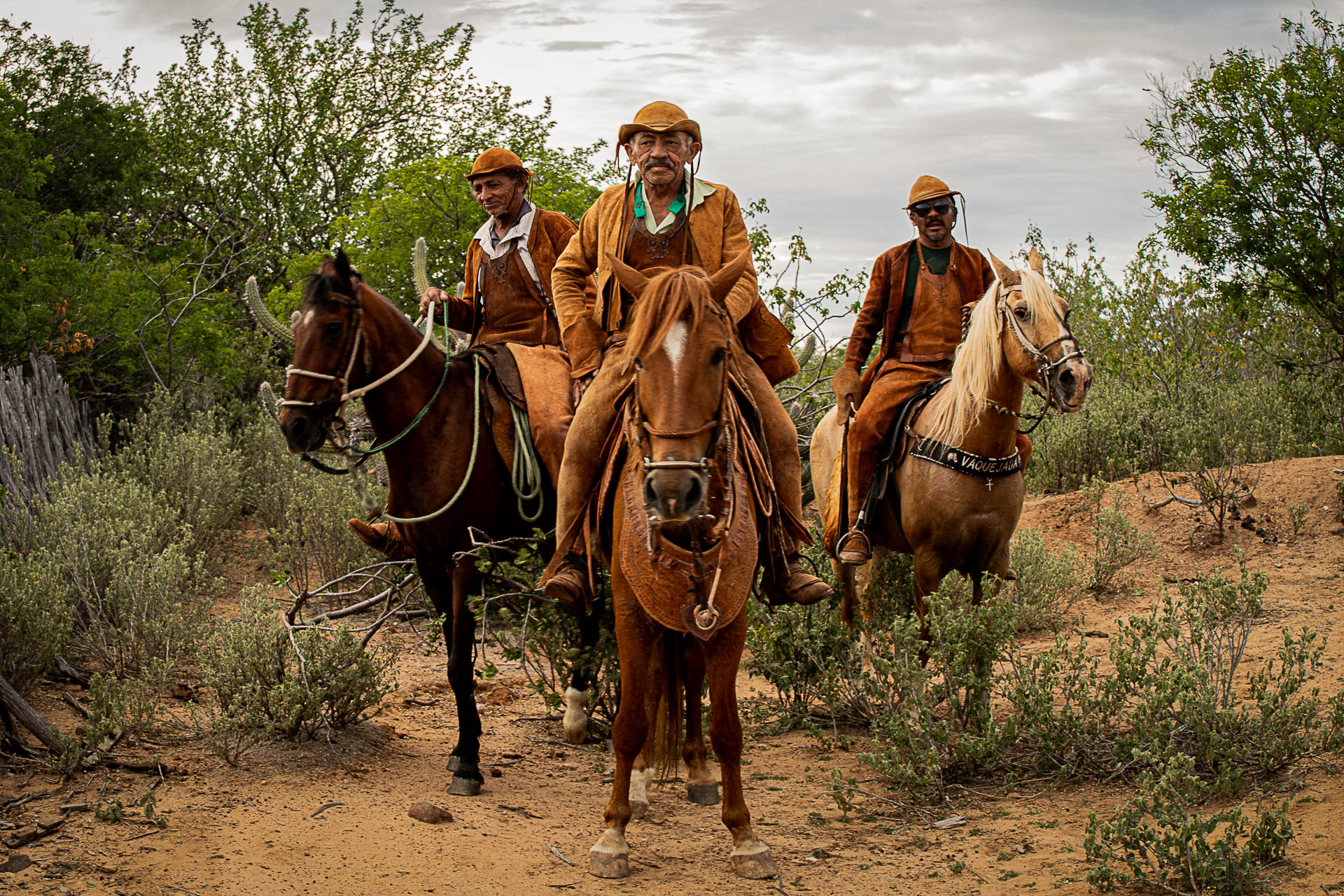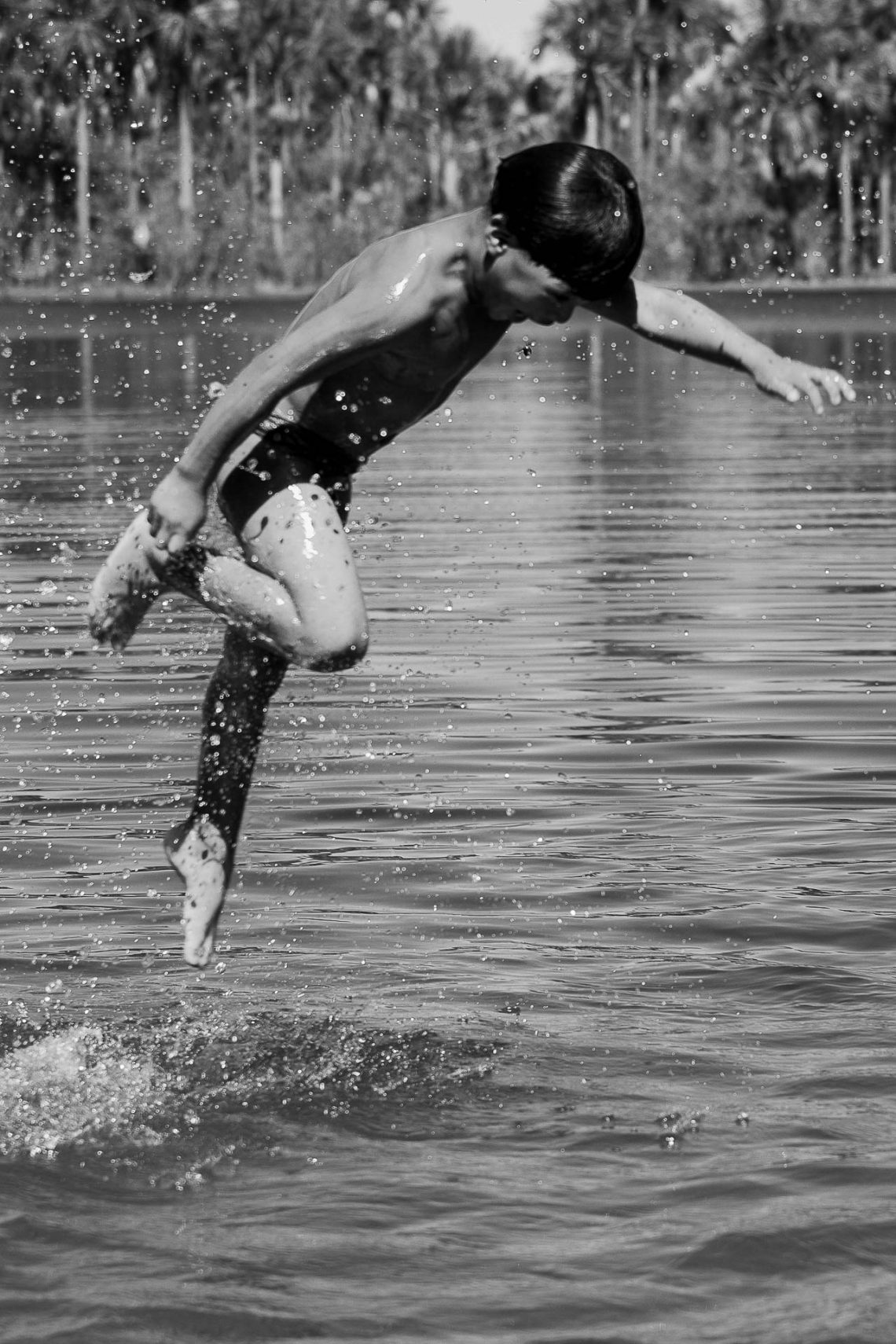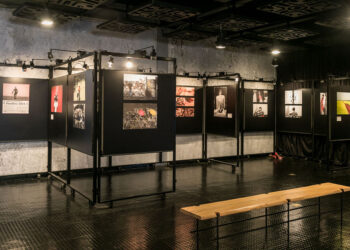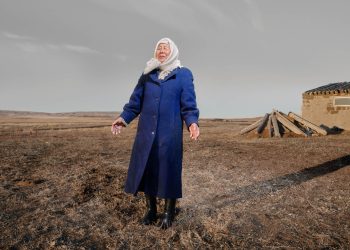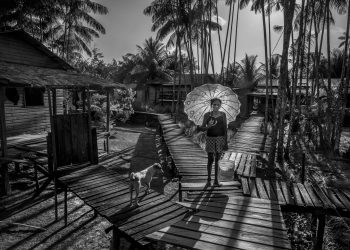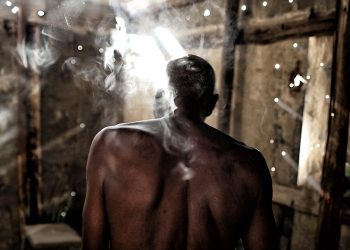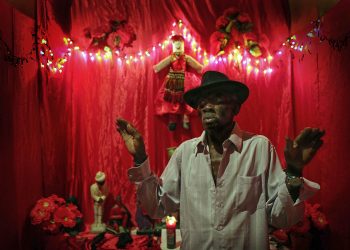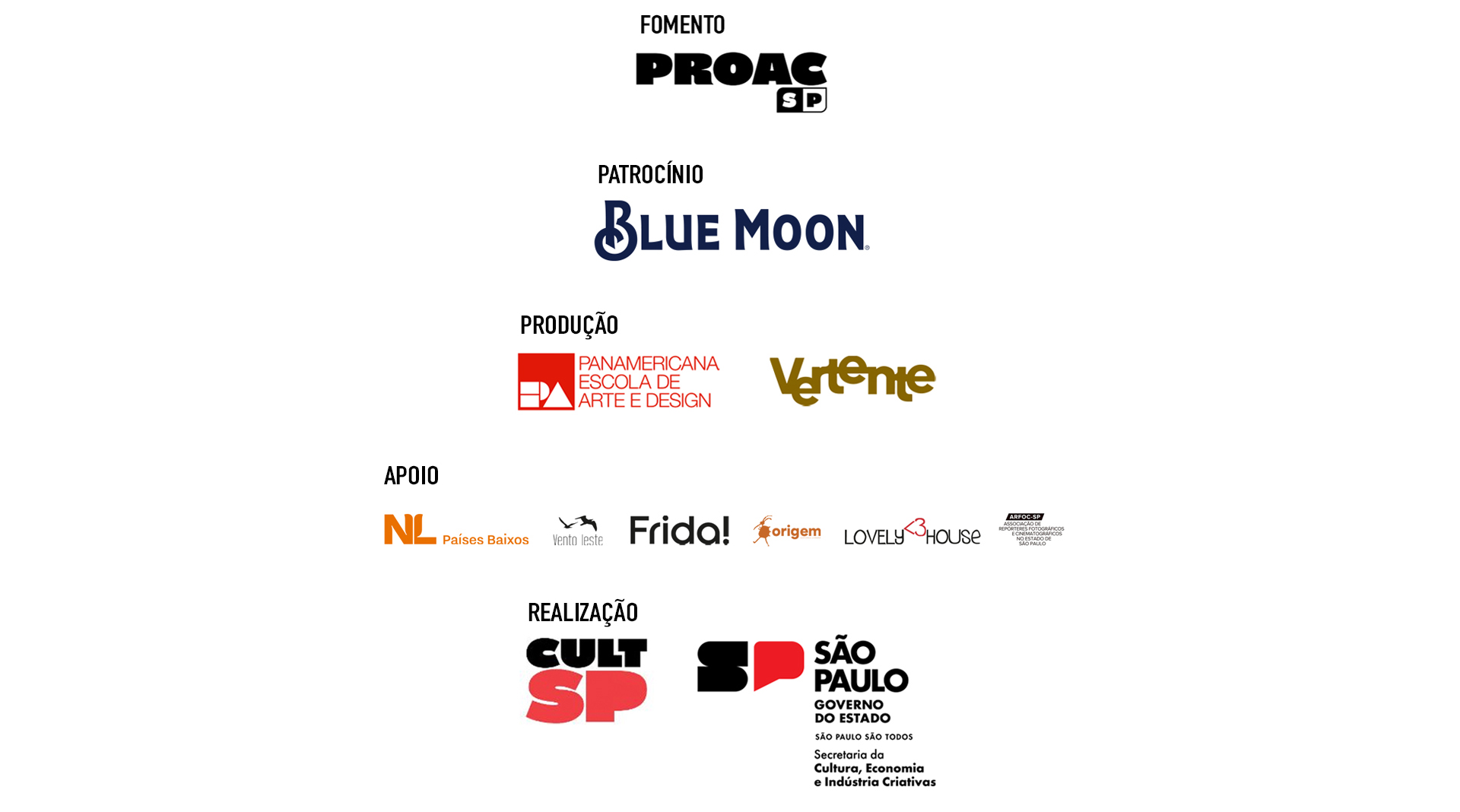At 51 years old, the Curitiba-based photographer Débora Ling transformed her camera into a passport to the imaginary worlds that have accompanied her since childhood. A lawyer who rediscovered in photography a language of freedom, she builds a unique trajectory as a traveling photographer – journeying since 2016 to countries like India, Nepal, Ethiopia, and Kenya, but finding her deepest focus in Brazil and its original cultures. With an initial background influenced by her photographer mother, Débora develops a gaze that seeks to translate joy, lightness, and dignity even in contexts of social complexity, always with respect for people and their truths.
Her image “Kuikuro,” a finalist in the Single Image category of the FotoDoc Photo Contest 2025, is the fulfillment of a childhood promise. Taken in the Ipatsé Kuikuro Village in the Upper Xingu in 2024, the photograph captures Atatüxu – the great-grandson of the historical figure Narru Kuikuro, the first Indigenous person in the region to learn Portuguese – in a moment of pure freedom in the lagoons surrounding the community. More than a documentary record, the image synthesizes a personal search for a “dreamed childhood”: free, present, intense, and deeply connected to nature, far from screens and the anxiety of the contemporary world. The work, which is part of a broader essay on original peoples, reflects her desire to show intimate scenes that escape caricatures, revealing instead the vital potency she found in the Kuikuro children – “real people who live in the present,” as the photographer defines them.
Learn more about this journey of reconnection with the Xingu and the projects that unite the sertão (backlands), the Amazon, and international exhibitions in the following interview.
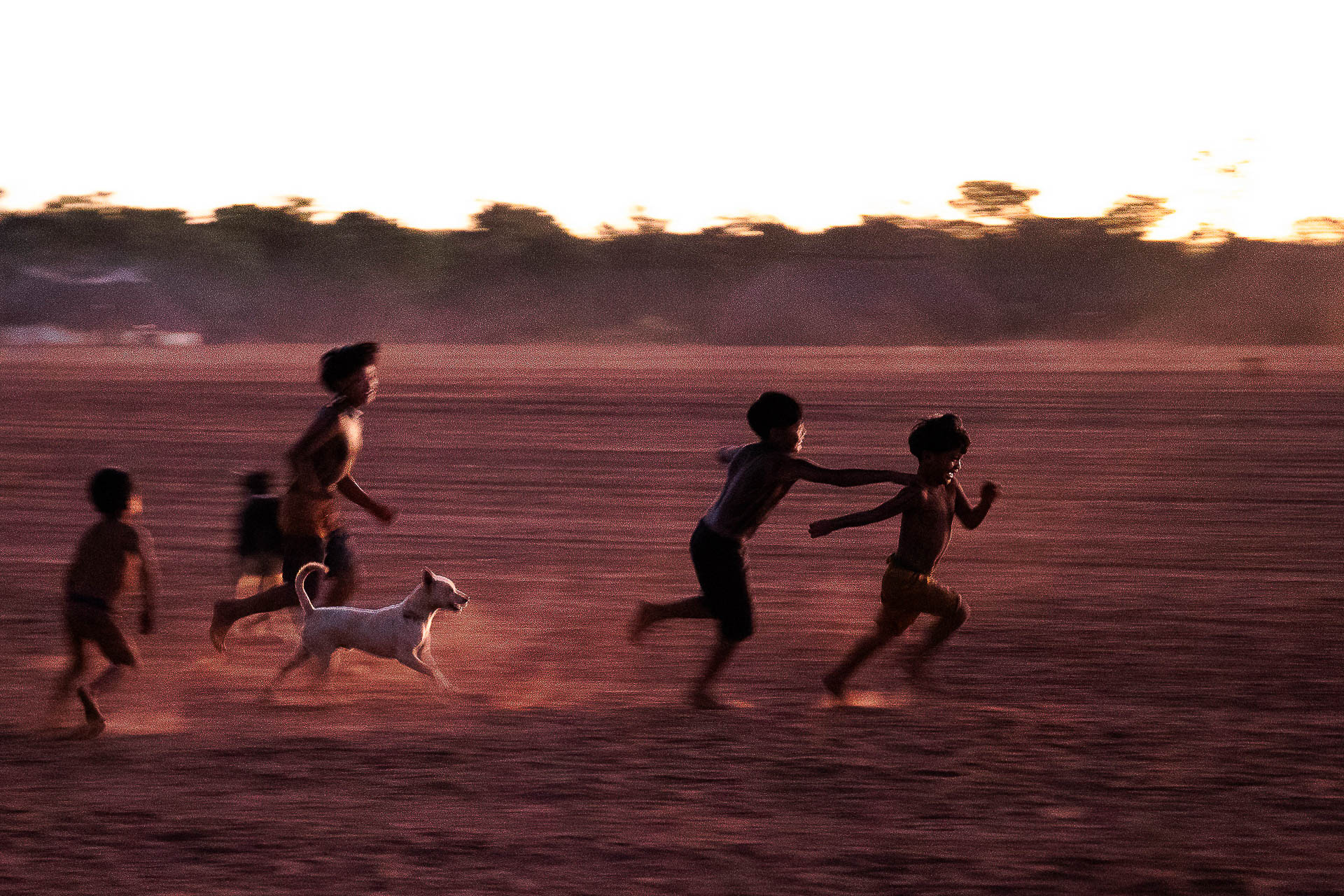
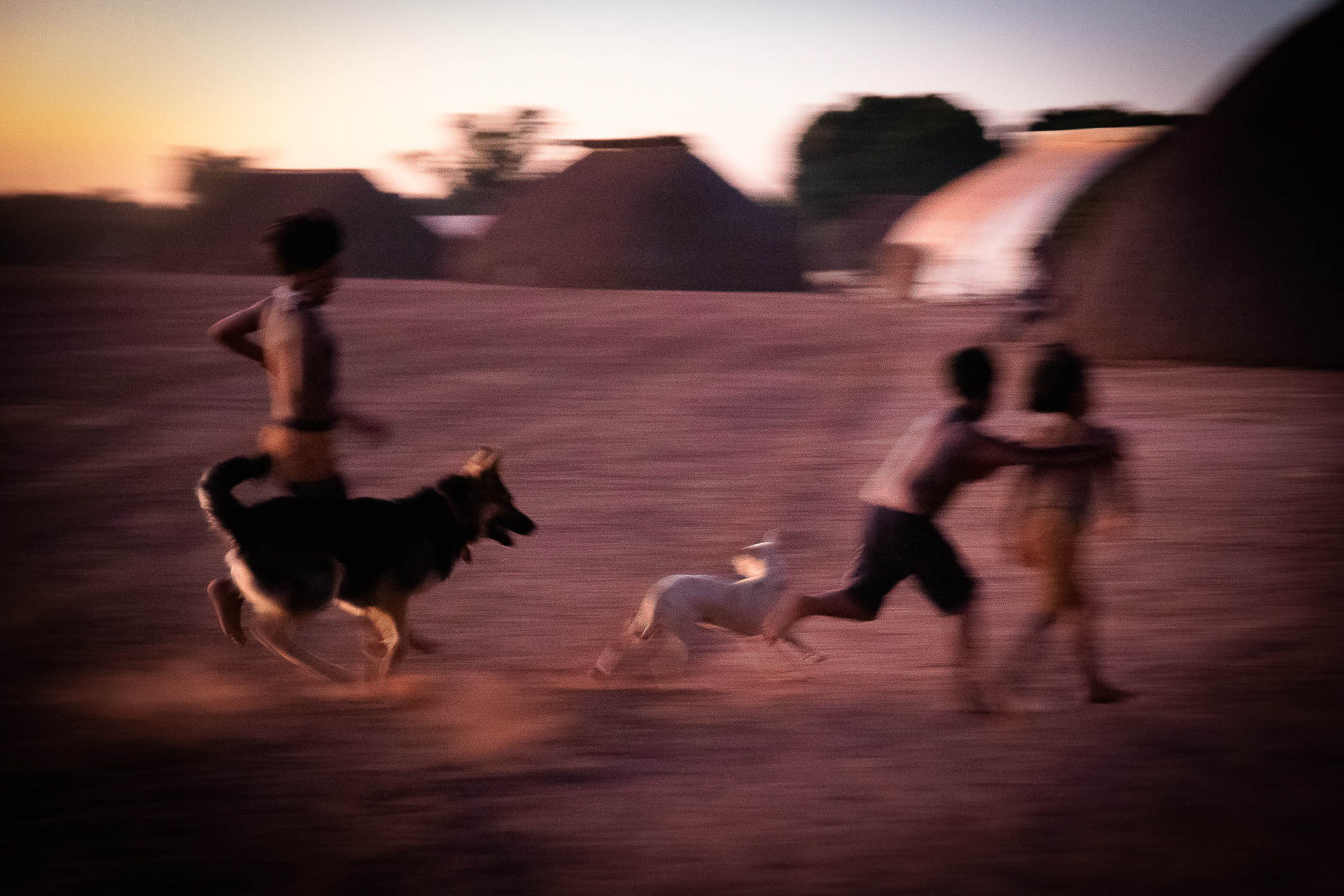
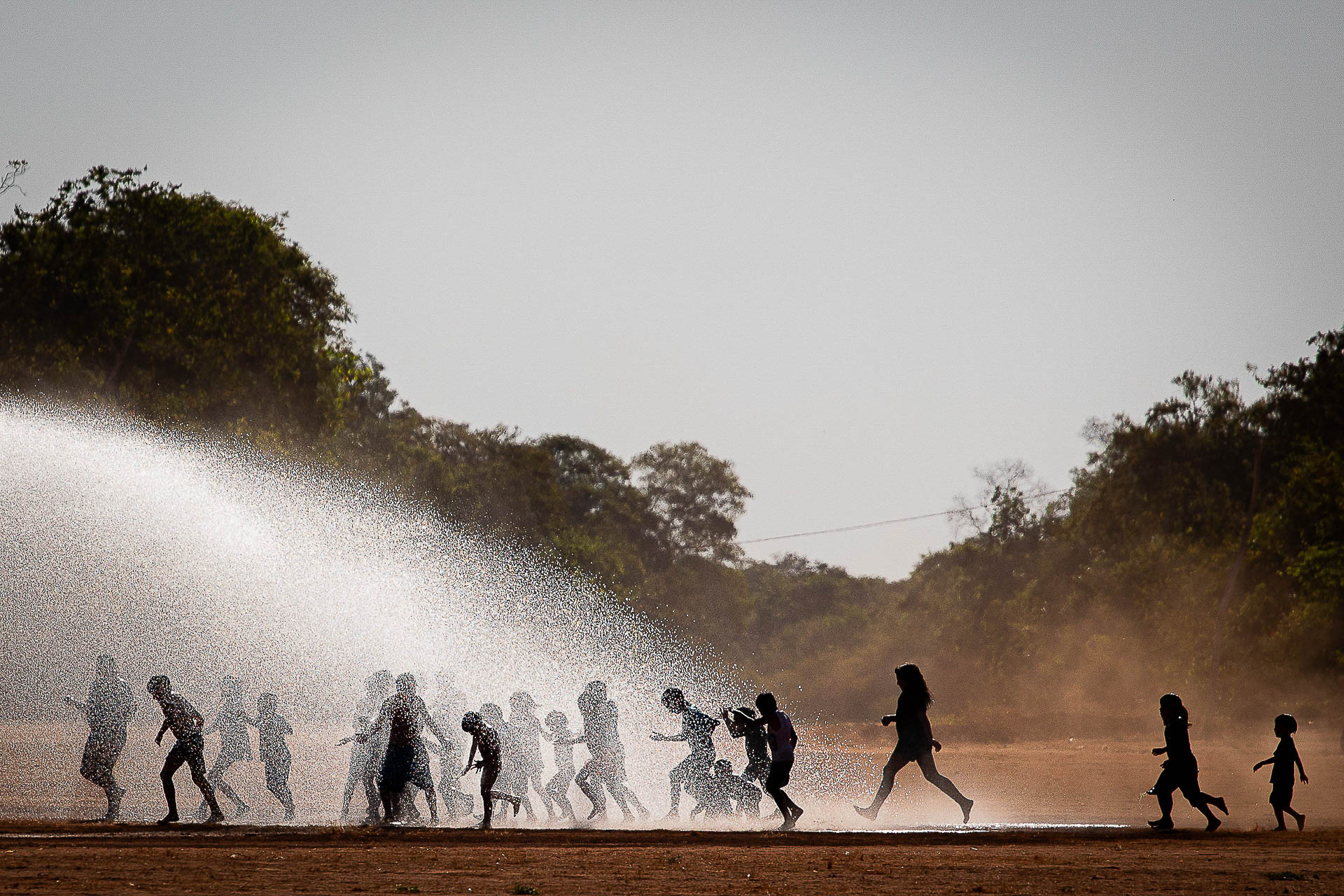
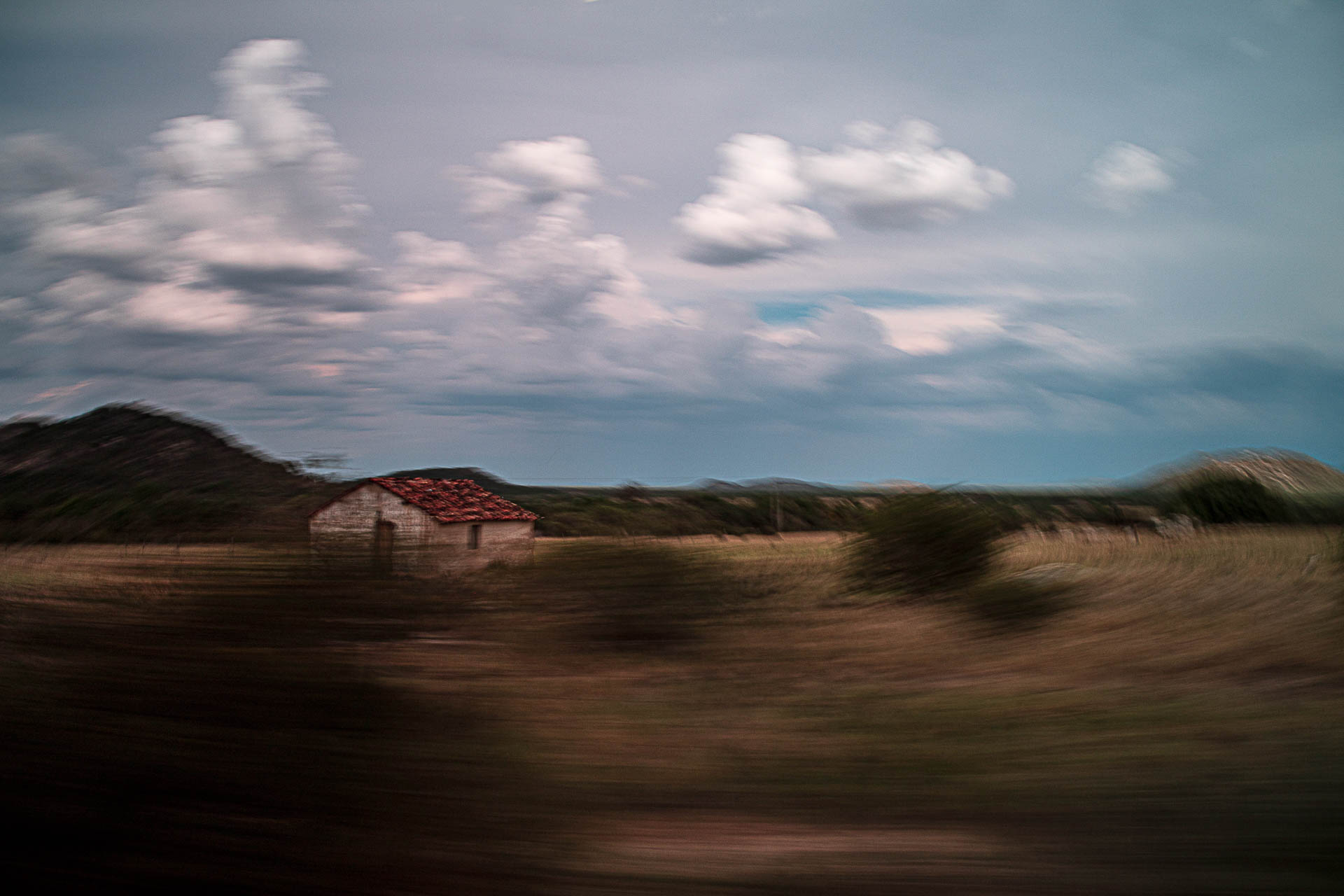
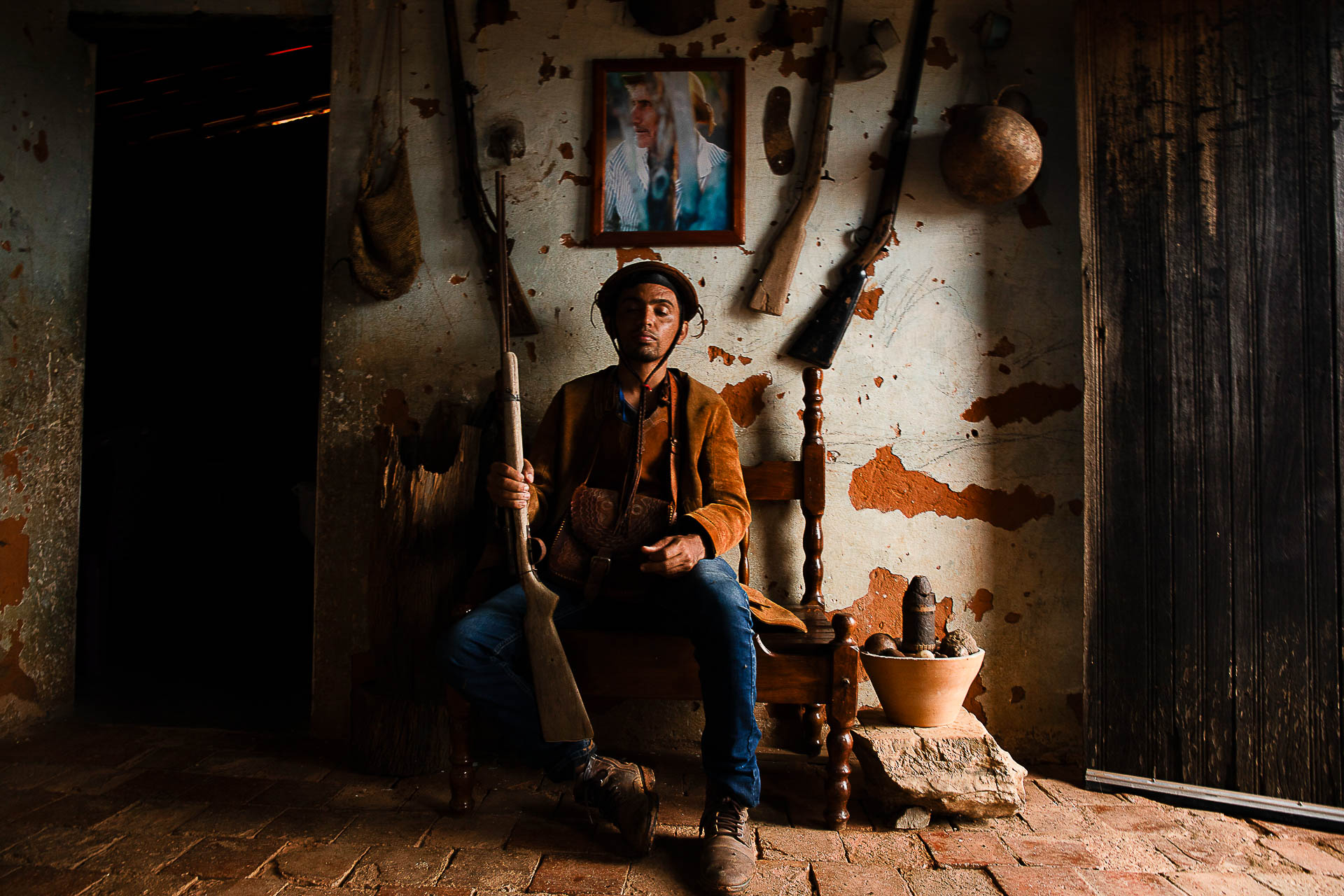
Canudos, Bahia, 2021
Casa de Vó Izabel é hoje um museu, guardado com total zelo pelo neto Paulo Regis, dentro o Parque Nacional de Canudos.
– Imagem do Portfólio Memórias do Sertão, de Débora Ling, selecionado no Prêmio Portfólio FotoDoc 2025
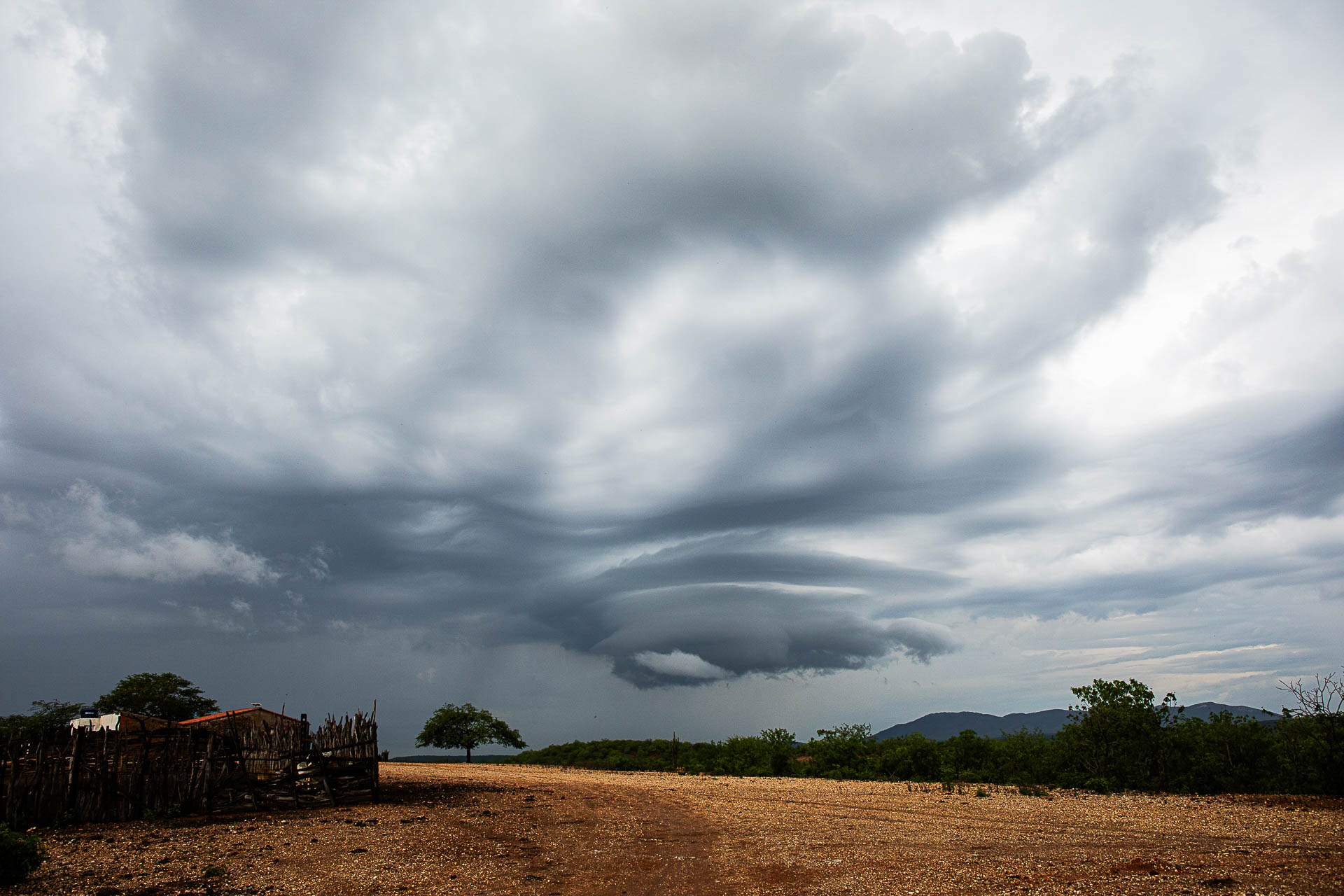
Canudos, Bahia, 2021
Casa de Vó Izabel é hoje um museu, guardado com total zelo pelo neto Paulo Regis, dentro o Parque Nacional de Canudos. – Imagem do Portfólio Memórias do Sertão, de Débora Ling, selecionado no Prêmio Portfólio FotoDoc 2025
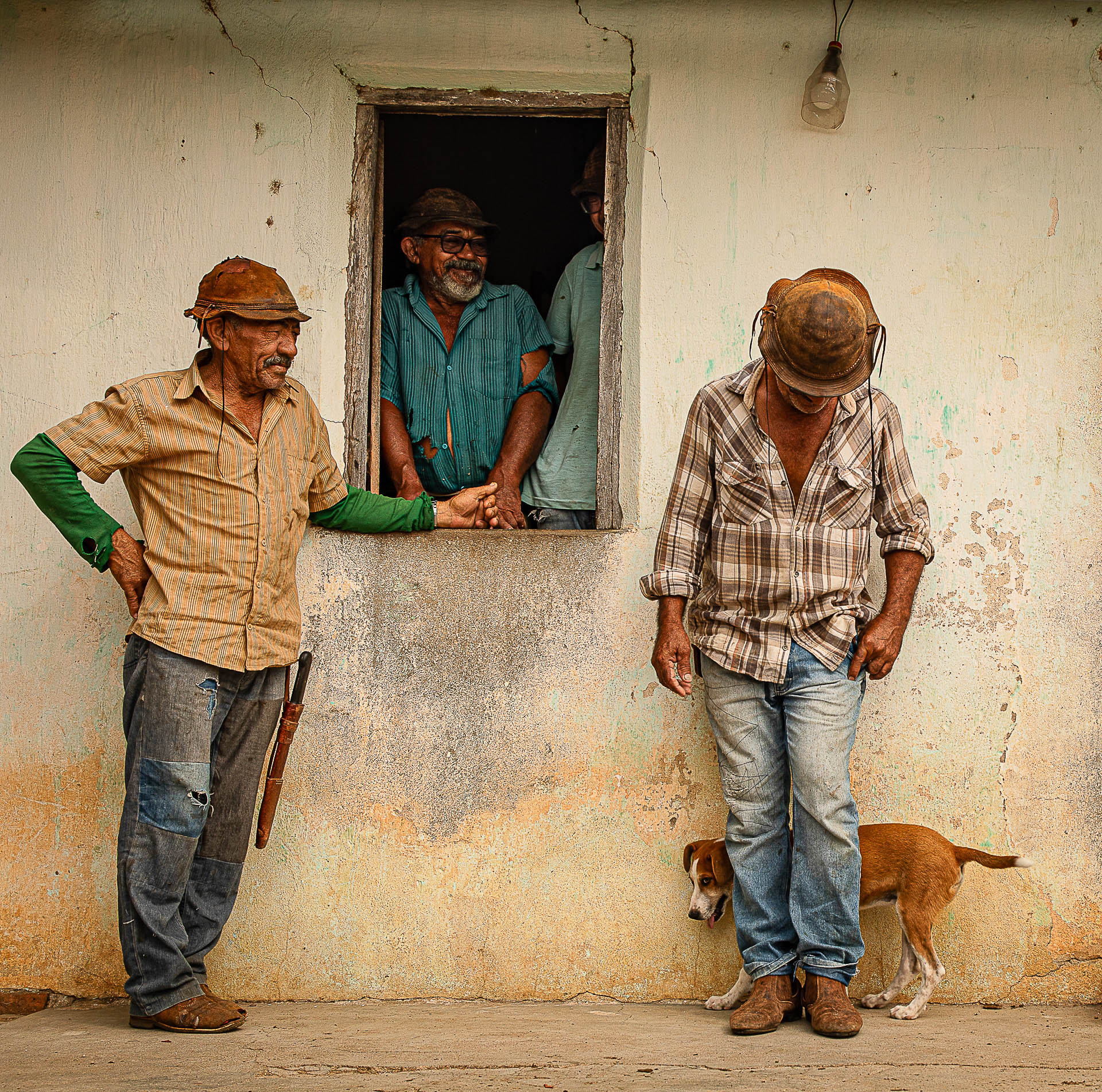
Uma Casa em Uauá 41 Uauá, Bahia, 2021 – Imagem do Portfólio Memórias do Sertão, de Débora Ling, selecionado no Prêmio Portfólio FotoDoc 2025
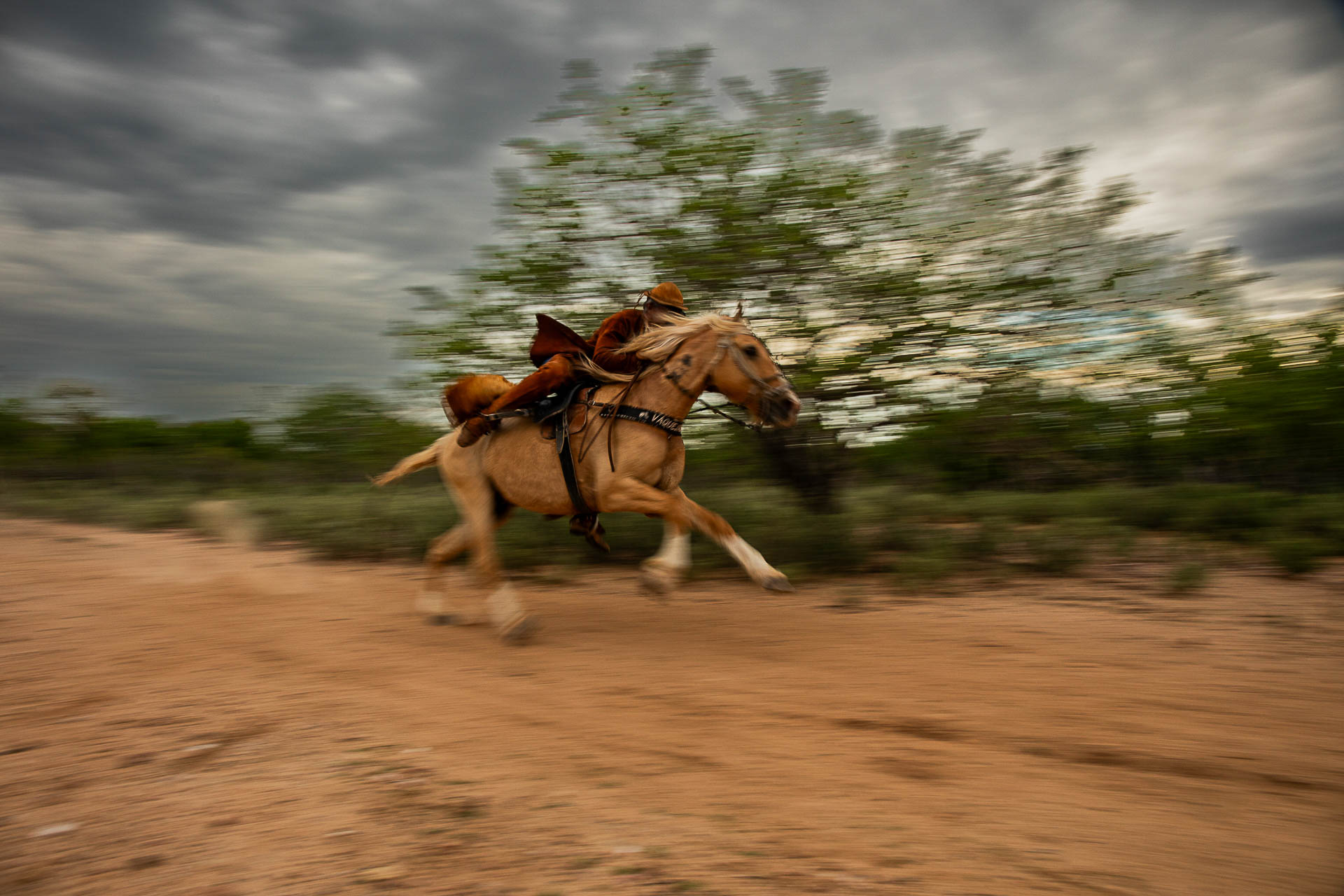
Uauá, Bahia, 2021 – Imagem do Portfólio Memórias do Sertão, de Débora Ling, selecionado no Prêmio Portfólio FotoDoc 2025
